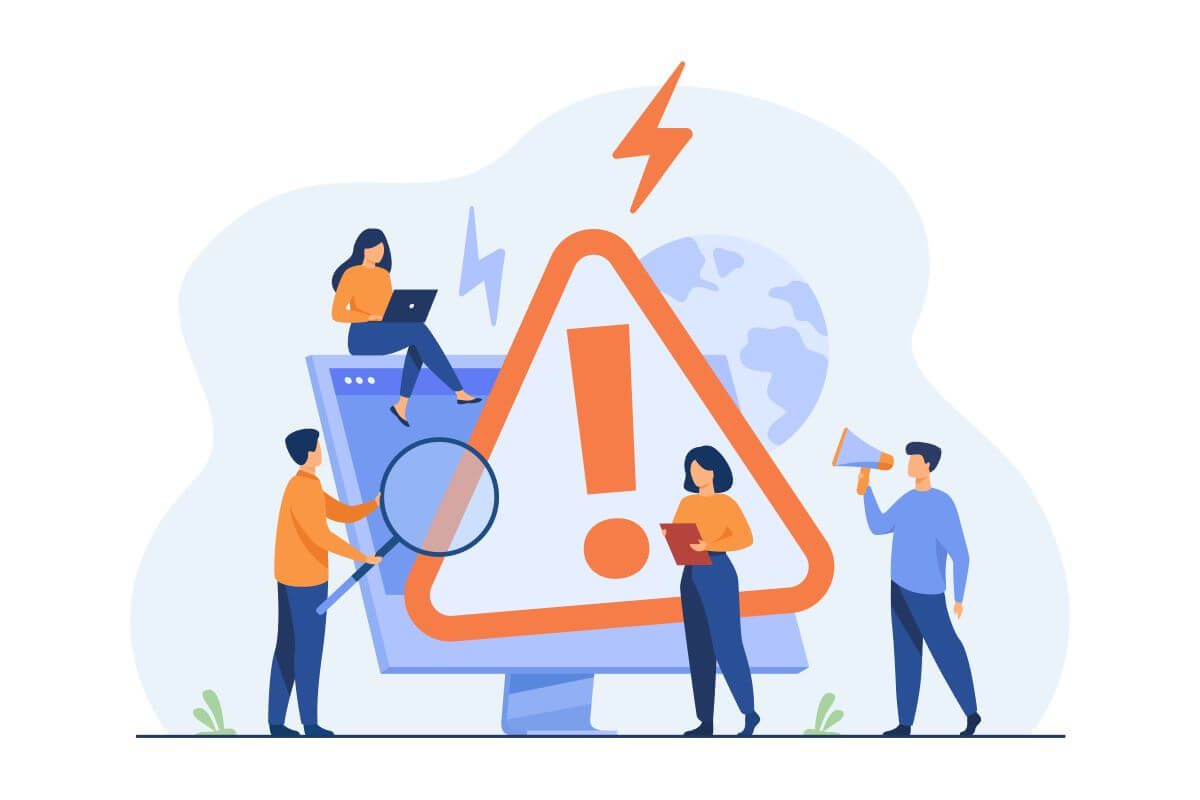5 Common Contract Management Risks and How to Avoid Them
- Posted on

Contrary to popular belief, contract management is not just a task for large corporations with extensive legal departments. In fact, small to medium-sized businesses may be at even greater risk of contract-related problems due to their limited resources and lack of in-house expertise.
As a contract manager or procurement manager, it is your responsibility to safeguard your company’s financial and legal interests by properly managing contracts, no matter the volume. Failing to prioritize contract management can have serious consequences, including lost profits, damaged business relationships, and even legal action.
However, by implementing effective contract management processes and using tools such as contract management software, you can mitigate these risks and protect your company’s interests.
It’s time to start treating contract management as the crucial function it is and equip yourself with the knowledge and tools necessary to mitigate the risks.
Risk #1: Miscommunication or Lack of Clarity in the Contract
Miscommunication or lack of clarity in a contract is a common risk that can lead to misunderstandings and disputes between parties. As a contract manager or procurement manager, it is crucial to ensure that the terms of the contract are clearly stated and easily understood by all parties involved. Ambiguity in language or miscommunication during the negotiation process can create confusion and lead to disputes down the line.
To avoid this risk, it is important to take steps to ensure clear communication throughout the contract process. One way to do this is to have a third party review the contract to ensure that the language is clear and easy to understand.
Additionally, including detailed definitions of key terms in the contract can help prevent misunderstandings and clarify the expectations of each party. By taking these precautions, you can help mitigate the risk of miscommunication and ensure that the contract is understood and followed by all parties.”
Risk #2: Unforeseen Changes in the Business Environment
Unforeseen changes in the business environment can pose a risk to the terms of a contract and can have significant impacts on a company. As a contract manager or procurement manager, it is important to anticipate and plan for potential changes that may occur during the lifespan of a contract. These changes could include shifts in the market or industry, changes to a company’s products or services, or changes to the company’s internal operations. If not properly addressed, these changes can affect the viability of a contract and potentially lead to disputes or legal issues.
To mitigate this risk, it is important to include clauses in the contract that allow for modifying the terms in case of changes to the business environment. Additionally, using a contract management software to track and update contracts can help ensure that all parties are aware of any changes and that the contract remains current.
By proactively anticipating potential changes, you can help protect your company’s interests and reduce the risk of issues arising from unforeseeable circumstances.
Risk #3: Non-Compliance with Contract Terms
Non-compliance with the terms of a contract can lead to a range of problems for businesses, including legal issues and damage to business relationships. As a contract manager or procurement manager, it is important to ensure that all parties involved in the contract are adhering to their obligations and meeting the agreed-upon terms. Failure to do so can have serious consequences and can potentially jeopardize the entire contract.
To avoid non-compliance and the risks it poses, it is important to take proactive steps to ensure that all parties are meeting their obligations. Setting reminders for important deadlines and regularly reviewing the contract can help ensure that all parties meet their commitments.
Additionally, consider implementing a contract management system or using software to track and monitor the performance of all parties under the contract. By staying vigilant and taking proactive steps to ensure compliance, you can help protect your company’s interests and mitigate the risks of non-compliance.
Risk #4: Lack of Proper Contract Management Systems
A lack of proper contract management systems can lead to a range of problems for businesses, including lost or mismanaged contracts and missed opportunities. As a contract manager or procurement manager, it is important to have effective processes in place to manage and track contracts throughout their lifecycle.
Poor contract management can result in contracts being misplaced or forgotten, leading to missed deadlines and unfulfilled obligations. It can also lead to missed opportunities for your company, such as failing to renew a contract before it expires or missing out on new business due to disorganized processes.
To avoid these risks and streamline your contract management processes, consider implementing a contract management software or system. These tools can help organize and store contracts in a central location, track important deadlines, and automate routine tasks. By investing in a contract management system, you can help ensure that all contracts are easily accessible and properly managed, reducing the risks of lost or mismanaged contracts and missed opportunities.
Risk #5: Cybersecurity Threats
Cybersecurity threats are a growing concern for businesses of all sizes, and contracts are no exception. Hackers can target contracts in an effort to steal sensitive information or disrupt business operations.
As a contract manager or procurement manager, it is important to be aware of the risks that cybersecurity threats pose to your company’s contracts and take steps to protect against them. This can include using secure servers for storing contracts, regularly updating cybersecurity measures, and educating employees about best practices for protecting sensitive information.
By being proactive and taking the necessary precautions, you can help safeguard your company’s contracts and reduce the risk of cybersecurity breaches. In an increasingly digital world, it is more important than ever to prioritize cybersecurity and protect your company’s interests from online threats.
Conclusion
In conclusion, proper contract management is essential for businesses of all sizes. By implementing effective contract management processes and using tools such as contract management software, companies can mitigate the risks associated with contract management, including miscommunication or lack of clarity in the contract, unforeseen changes in the business environment, non-compliance with contract terms, lack of proper contract management systems, and cybersecurity threats.
As a contract manager or procurement manager, it is your responsibility to prioritize contract management and take the necessary steps to protect your company’s interests. By doing so, you can reduce the risks of contract-related problems and ensure the success of your business.
Remember, proper contract management is not just a task for large corporations with extensive legal departments – it is crucial for businesses of all sizes to prioritize contract management to safeguard their financial and legal interests.”







